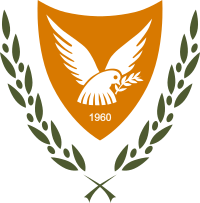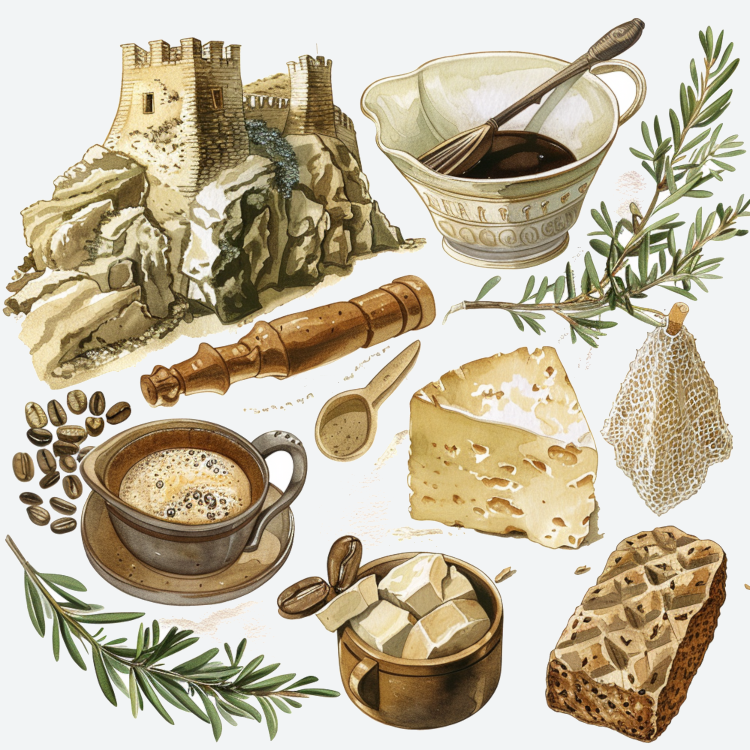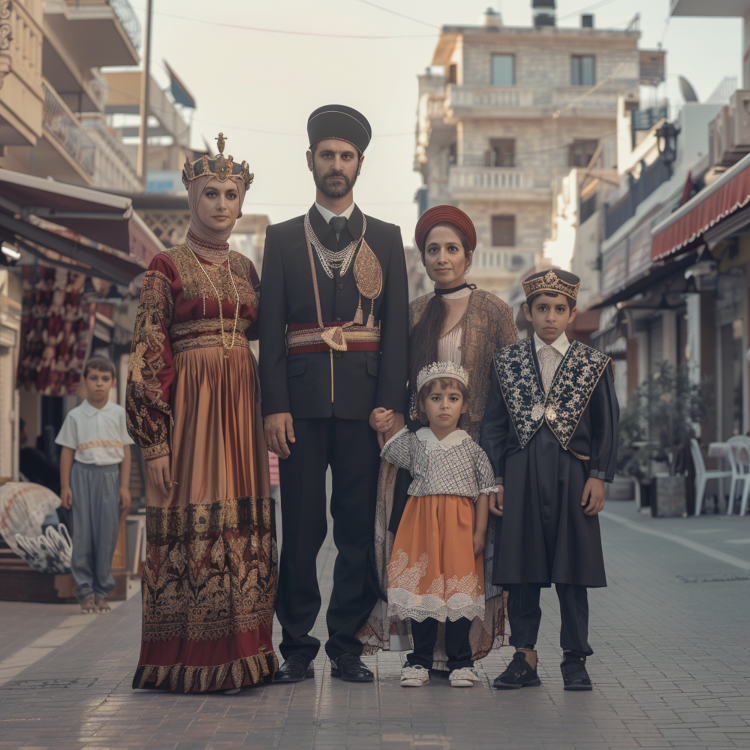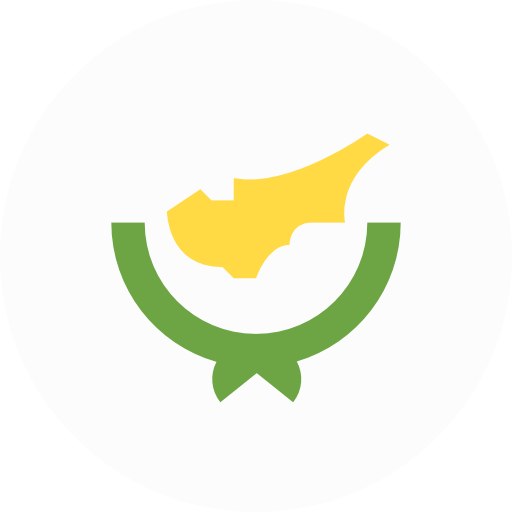About CY

Cyprus is an island nation located in the Eastern Mediterranean. Here are some basic facts about Cyprus:
Population: As of 2021, the population of Cyprus is estimated to be around 1.2 million people.
Language: The official languages of Cyprus are Greek and Turkish, with English widely spoken as a second language.
Currency: The official currency of Cyprus is the Euro (EUR).
Government: Cyprus is a presidential representative democratic republic, with a President as the head of state and a Prime Minister as the head of government.
Economy: Cyprus has a developed, high-income economy that is a member of the European Union. Major industries include tourism, financial services, shipping, and real estate.
Geography: Cyprus is an island nation with a land area of approximately 9,251 square kilometers. It is located in the Eastern Mediterranean and is the third largest island in the Mediterranean after Sicily and Sardinia. It is located south of Turkey, west of Syria and Lebanon, north of Egypt, and east of Greece.
Climate: Cyprus has a Mediterranean climate with hot, dry summers and mild, wet winters.
Culture: Cyprus has a rich cultural heritage that reflects its long history of Greek and Turkish influences. The island is home to numerous ancient Greek and Roman ruins, as well as Byzantine churches and medieval castles. Traditional Cypriot cuisine includes dishes such as moussaka, souvlaki, and halloumi cheese. Cyprus is also known for its wine-making industry and its distinctive Cypriot folk music, which is characterized by the use of the bouzouki, a type of lute.

National Culture Objects
Aphrodite's Rock (Petra tou Romiou)
Aphrodite's Rock is a sea stack in Paphos, traditionally considered the birthplace of Aphrodite, the Greek goddess of love and beauty. It symbolizes the rich mythological heritage of Cyprus.
Halloumi Cheese
Halloumi, a semi-hard cheese made from a mixture of goat's and sheep's milk, is a significant culinary symbol of Cyprus. It represents the island's dairy tradition and is renowned for its versatility in cooking.
Cypriot Coffee
Cypriot coffee, similar to Greek and Turkish coffee, is brewed in a special pot called a 'briki' and served unfiltered. It symbolizes the country's social and cultural traditions centered around coffee drinking.
Lefkara Lace
Lefkara lace is a traditional handmade lace from the village of Lefkara. It is a symbol of Cypriot craftsmanship and cultural heritage, known for its intricate designs and historical significance.
Kyrenia Castle
Kyrenia Castle, located in Northern Cyprus, represents the island's historical and architectural heritage. It is a symbol of the diverse cultural influences that have shaped Cyprus over the centuries.
Carob Tree
The carob tree, also known as the "black gold of Cyprus," has been a staple of Cypriot agriculture for centuries. It symbolizes the island's agricultural history and the versatility of carob in Cypriot cuisine.
Bouzouki
The bouzouki is a traditional stringed instrument commonly used in Cypriot and Greek music. It symbolizes the island's musical traditions and the cultural connection between Cyprus and Greece.

The national anthem of Cyprus is called "Ymnos eis tin Eleftherian" (Hymn to Liberty). The lyrics were written in 1823 by Dionysios Solomos, a Greek poet, and the music was composed in 1865 by Nikolaos Mantzaros, a Greek composer.
The anthem is sung in Greek, which is one of the official languages of Cyprus. It was adopted as the national anthem of Cyprus when the country gained independence from the United Kingdom in 1960.
The anthem is a patriotic hymn that celebrates the struggle for freedom and independence. It is often played at official state events, such as Independence Day celebrations, and is also sung by Cypriot athletes at international sporting events.


